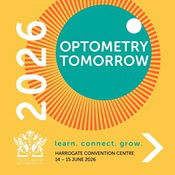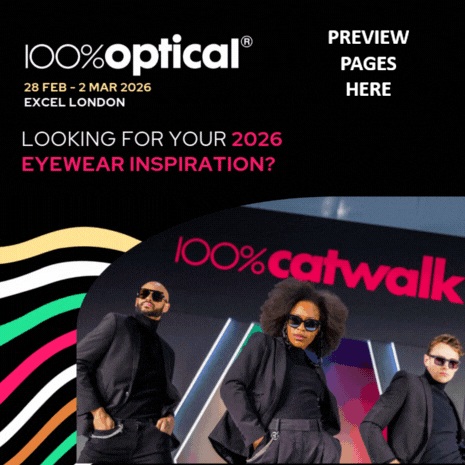Contact Lenses
Online open access extended for BCLA CLEAR
Online open access extended for BCLA CLEAR
Online open access for a ground-breaking global consensus report that delivers evidence-based guidance on all aspects of prescribing and fitting contact lenses has been extended for another 12 months.
BCLA Continued Learning Evidence-based Academic Reports (CLEAR) feature work from panels of globally respected experts, acting as a “blueprint for the future” of the profession and helping to deliver the best-possible patient care.
BCLA CLEAR, made possible by educational grants from Alcon and CooperVision, is available to both BCLA members and non-members and has already proven to be an invaluable resource for eye care professionals to refer to.
Luke Stevens-Burt, chief executive of the BCLA, said: “BCLA CLEAR is a highly important initiative and the published findings have already made influential impacts to shape contact lens fitting today and future advancements and to have the online open access extended for a further 12 months is great news for eye care professionals around the world.
“They represent benchmarks of current knowledge and will be useful for practitioners, students, researchers and industry colleagues for years to come.
“The project has been an incredible collaboration between experts in the field of contact lenses and the anterior eye, resulting in an amazing resource of research, analysis and data that is already proving to be of huge benefit to patients.”
BCLA CLEAR features 10 overview papers, each compiled by a panel chaired by internationally renowned experts. The topics areas and panel chairs are:
- Anatomy and Physiology of the Anterior Eye – Dr Laura Downie
- Contact lens wettability, cleaning, disinfection and interactions with tears – Professor Mark Willcox
- Effect of lens materials/design on the anatomy and physiology of the eye – Professor Philip Morgan
- Speciality lenses – Orthokeratology – Professor Stephen Vincent and Professor Pauline Cho
- Speciality lenses – Scleral Lenses – Dr Melissa Barnett
- Contact lens complications – Professor Fiona Stapleton
- Medical use of contact lenses – Associate Professor Debbie Jacobs
- Contact lens optics – Dr Kathryn Richdale
- Evidence based contact lens practice – Professor James Wolffsohn
- Contact lens technologies of the future – Professor Lyndon Jones
The papers set the standard to which researchers and eye care professionals refer for the latest information in the field and also highlight potential opportunities for future research.
For more information visit www.bcla.org.uk























